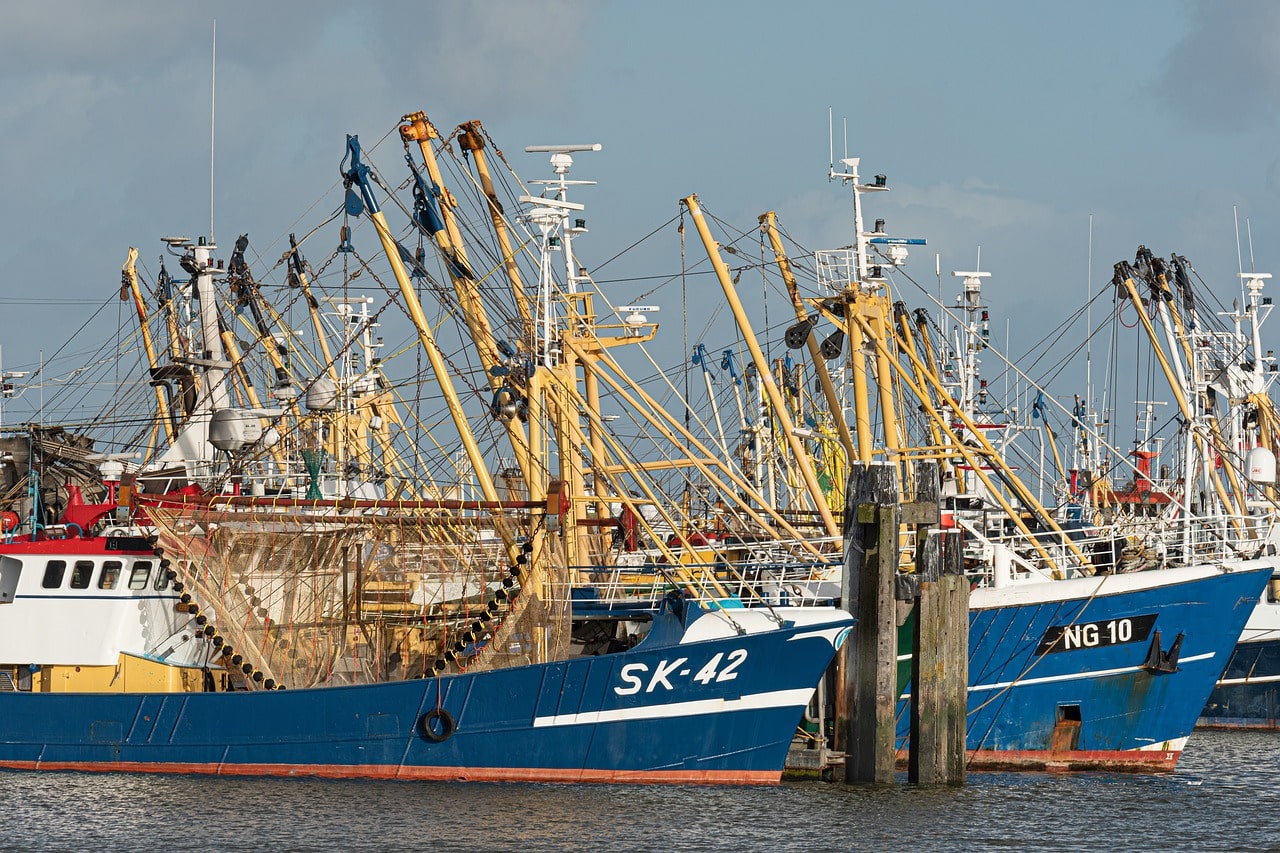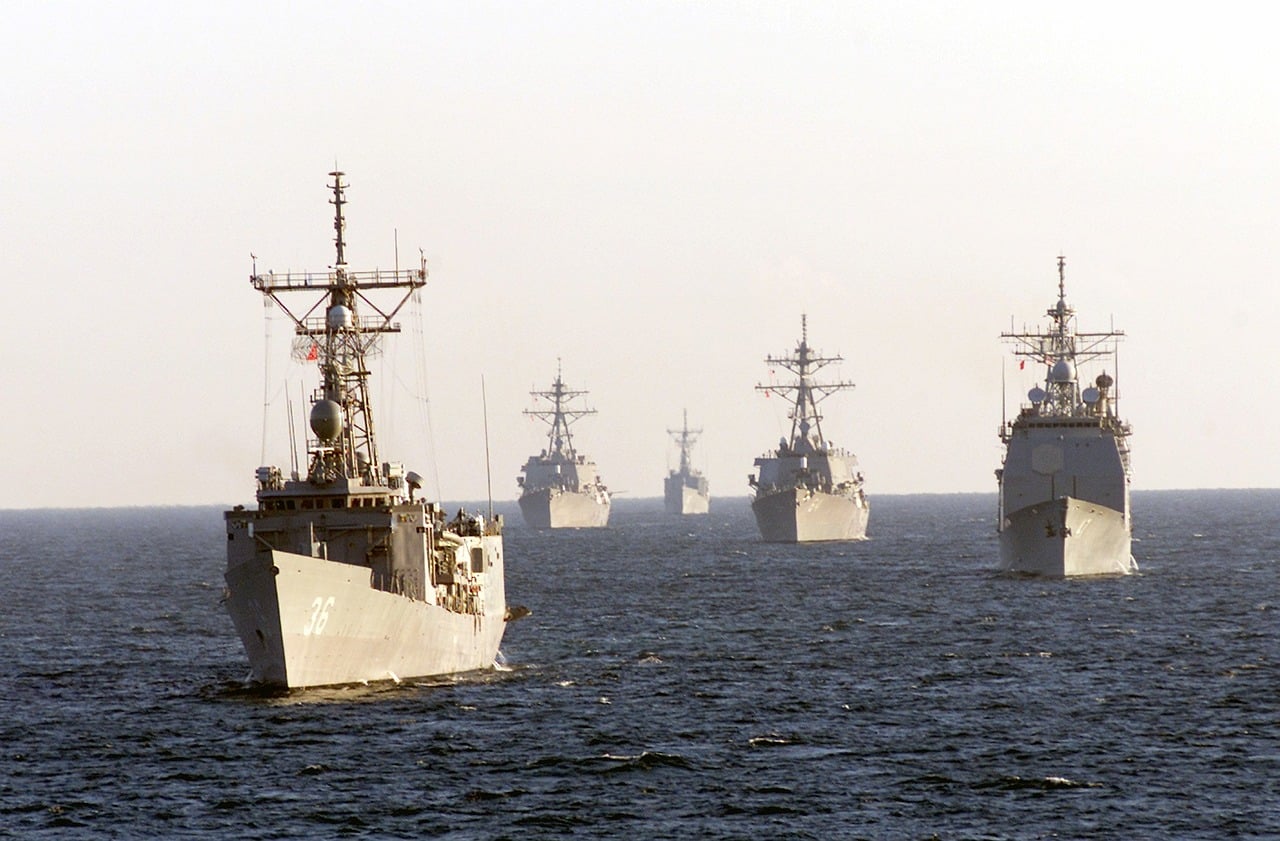
The set of vessels that share the same objective is called a fleet.
A fleet is a group of vessels that have a common destination . The term, from the French flotte , can refer to the total number of ships of a shipping company, a maritime line, etc.
For example: “Caribbean Sun & Sea has a fleet of five cruise ships that travel the oceans throughout the year,” “Pescamar is the largest fishing company in the country, with a fleet that exceeds one hundred vessels,” “The national fleet must be renewed urgently.”
Different types of fleet
The notion of fishing fleet refers to the set of vessels destined for fishing . They may be different types of boats, but all used for the extraction of resources from the sea (fish, shellfish, mollusks, etc.): “The government announced a million-dollar investment to improve the working conditions of the fishing fleet,” “The “The province is proud to have the most modern fishing fleet in South America.”
The war fleet , on the other hand, is the formation of combat ships that represent the largest units of the Navy : “The Asian country announced that its war fleet is prepared to respond to any enemy attack,” “The war fleet of Libya was seriously damaged after the first day of combat .

A country's war fleet is made up of its combat ships.
War resources
When studying the resources that each country has to face oceanic combats , the United States always appears at the head; So much so, that some experts say that it could cease its research and development activities for years, and still remain in first place.
One of the strong points of the North American fleet is that it has operating bases around the world . In addition, it uses cutting-edge technology , which is constantly advancing, and its officers have a lot of experience, in part thanks to the practice that comes from preparing in different parts of the planet.
Russia is in second place, mainly due to its nuclear deterrent capacity ; However, in terms of the state of its units and the experience of its sailors, it is at a marked disadvantage. On the other hand, the size of its fleet may seem exaggerated for the country's needs. One of their strengths is that they produce their own technology.
Next, there are France and the United Kingdom , with fleets of great power, thanks to the fact that their armed forces were "nuclearized" , which gives them truly considerable underwater power. For these countries it would not be very difficult to fight for a few weeks thousands of kilometers from their soil, while remaining on their feet . On France 's part, however, a good anti-missile defense is lacking; In practice, this could become a strong disadvantage if it faced a fleet with similar characteristics but equipped with the AEGIS system (developed in the United States and used to track and guide missiles).
With respect to Italy and Spain , their navies are especially designed to move their fleets over long distances. For political reasons, neither country has nuclear capability, although this decision could be reversed in the future. China , for its part, has a fleet of moderate range, but with great nuclear capacity. Japan 's armed forces are behind in terms of numbers but, given that their technology is second in the world and that their economy and industry are remarkable, it would not take them long to climb a few positions in the ranking. .
The fleet as a set of vehicles
Fleet, finally, is the set of vehicles of a company .
“Our taxi company has a fleet of thirty vehicles equipped with air conditioning, heating and digital audio system”, “Aerolíneas del Sur plans to acquire three aircraft to increase its fleet and reach new destinations” y “Roderick y Asociados has a fleet of ten cars at the disposal of its managers” son expresiones que usan el término con esta acepción.
